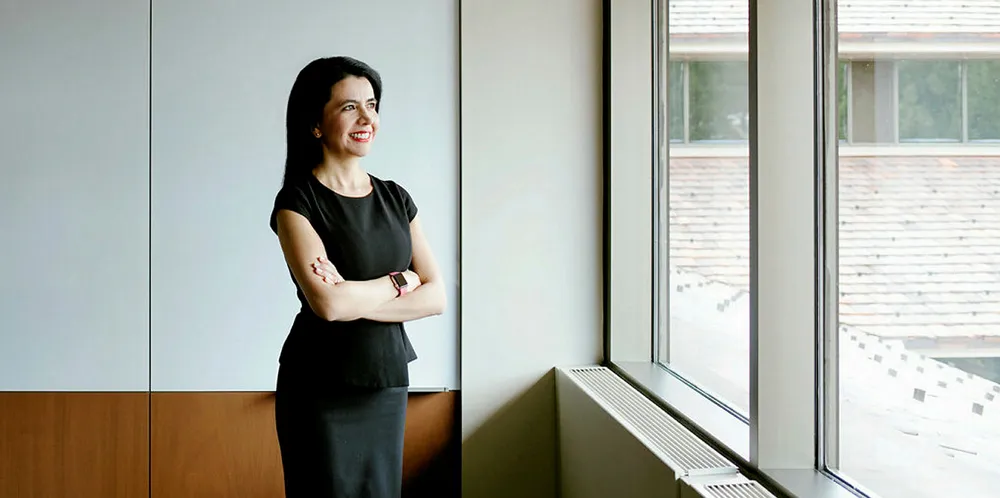Meet Pilar Cruz, the new president of Cargill Aqua Nutrition
Though she has no prior experience in aquaculture, this 17-year animal nutrition veteran hopes to bring fresh perspective and a strategic mind to the job, she tells IntraFish.

Though she has no prior experience in aquaculture, this 17-year animal nutrition veteran hopes to bring fresh perspective and a strategic mind to the job, she tells IntraFish.
